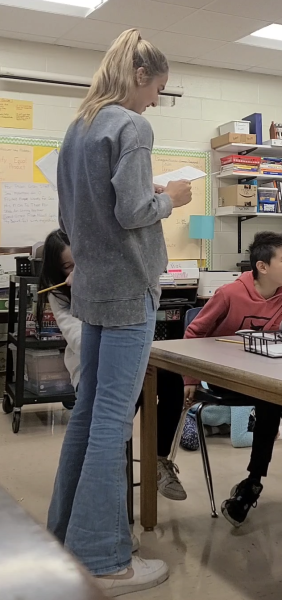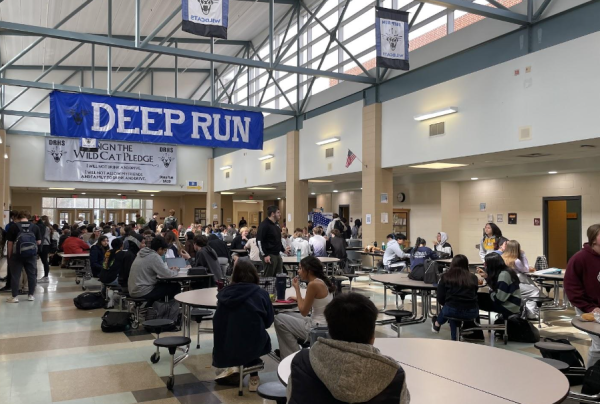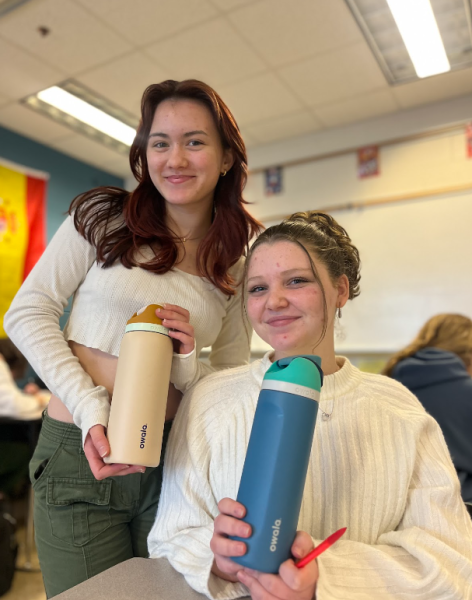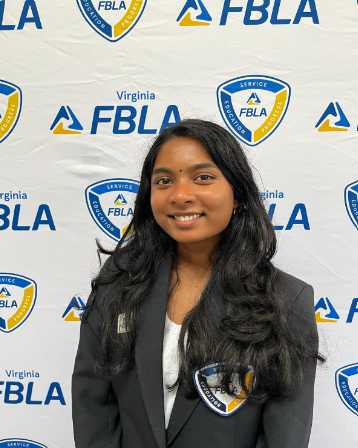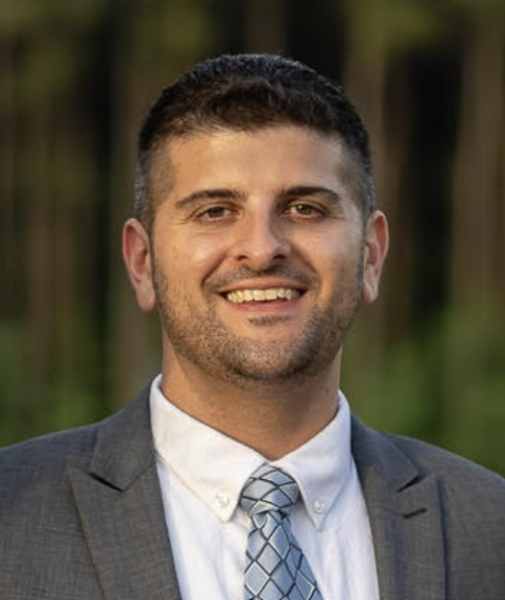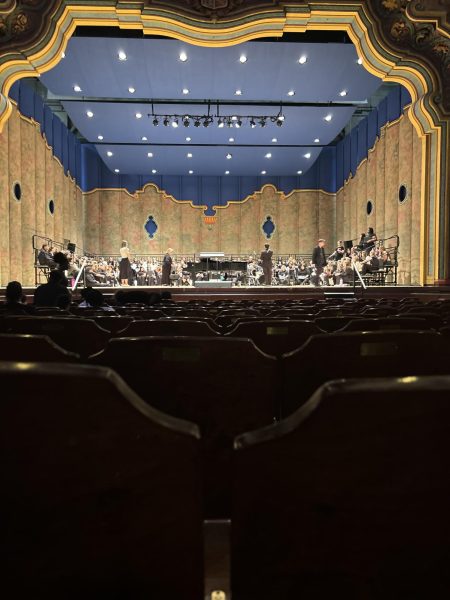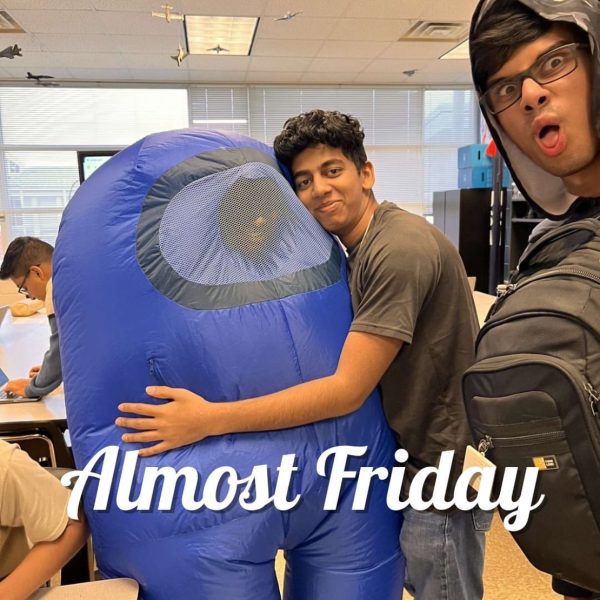MSU leaders reflect on how diversity affects academics

Members of the MSU members pose with other students during a recent community service activity. (Photo courtesy of the Deep Run MSU)
March 25, 2022
The Minority Student Union (MSU) is a club aimed at providing a safe and inclusive environment for minority students at Deep Run, especially those who struggle feeling out of place at a school with minimal diversity. Last year, they joined a county-wide collective and became a part of Henrico County’s Black Student Union, which created a link for all Black student unions (BSUs) and minority student unions (MSUs) in the county. They have collaborated with the PTSO for events such as “Uncomfortable Conversations” and have worked with other student groups, such as Equity Ambassadors.
One area the Deep Run MSU would like to address in the county is the disparity in the school’s diversity and academic statistics, noting how the higher socioeconomic level of most Deep Run families impacts academic success.
“I definitely think diversity affects academic statistics at Deep Run. Deep Run lacks socioeconomic diversity, so as a result, our students have better access to educational assistance outside of the classroom, such as tutors for the SAT/ ACT, than students who are economically disadvantaged,” senior and MSU President Elaf Mohamed Ali said. “For comparison, seven percent of Deep Run’s students qualify as low income, whereas 56 percent of Varina’s students are low income.”
While Mohamed Ali says that socioeconomic status “plays a big part in the success of students,” she doesn’t think the workload is actually different here compared to other schools, contrary to popular belief.
“I don’t think the workload differs compared to other high schools in the county; it’s all dependent on the rigor of the course students choose to take,” Mohamed Ali said.
MSU Vice President and senior Kendall Johnson disagrees, based on conversations he has had with friends who attend other schools in the county.
“The workload is immensely different, especially coming from someone that goes to Deep Run and has friends at Hermitage. Unless they’re in a center or [AP classes], much of what they do is structurally so different from us,” Johnson said.
However, the different approach at other schools can result in a positive experience for students of color at those schools.
“The teachers at the other schools are usually more involved because of the diversity of their classes. They have more enriching conversations because of the cultures they carry with them,” Johnson said.
Teacher engagement and investment seems to be a commonality for improved academic experience.
“In context to organizations focused on equity at Deep Run, I think certain teachers are more involved because the lack of diversity has presented minority students with issues that they are less likely to deal with in a diverse environment,” Mohamed Ali said.
The issues Mohamed Ali refers to have been lived experience for students like Johnson.
“Personally, yes it’s polarizing being, a lot of times, being the only person of color present in a class, especially in discussions of race and how we move around it,” Johnson said.
Other students of color have had a similar experience in the classroom, but have grown in confidence and comfort over the years.
“Diversity at Deep Run hasn’t been an issue for me since I have become accustomed to being one of few, if not only, black students in my classes. During my formative years, the lack of diversity definitely influenced my identity; however, by the time I reached high school I was confident in my identity,” stated Mohamed Ali.
Johnson would like to see more students of color in class, particularly in AP and honors classes. He acknowledges that implicit bias in education has led to a disparity in college-level courses in schools everywhere.
“Typically, black [students] and other students of color are steered away from taking AP and honors classes because we’re seen as less than, and this reflects in who the top people of each class are. It’s not that they aren’t capable, they just aren’t given the chance,” Johnson said.
To address the issues of implicit bias and encouraging more students of color to take on advanced coursework, Deep Run’s administration, teachers, and counselors are working this year with Equal Opportunity Schools, an organization whose mission is to ensure students of color and low-income students have equal access to rigorous courses and academic opportunity.

